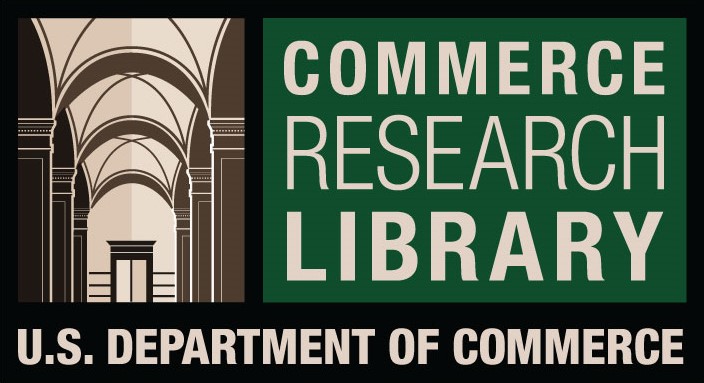METHODOLOGICAL GUIDELINES OF PSYCHOLOGICAL PREVENTION AND PSYCHOLOGICAL CORRECTION OF EMOTIONAL BURNOUT MANIFESTATIONS OF TEACHERS
DOI:
https://doi.org/10.61841/wjssjm13Keywords:
teacher, emotional burnout, psychological prevention, psychological supportAbstract
The research problem considered in the article is the study of the foundations and guidelines for the organization and content of psychological prevention of emotional burnout of teachers. Using the method of diagnostics of the emotional burnout, V. V. Boyko examined 502 teachers, including 264 people working in special (correctional) educational institutions (the average age is 41,06 years old), 238 people are in General education (the average age is 39.95). The author analyzes the symptoms of emotional burnout and the manifestations of its formation phases (according to the model of V. V. Boyko). Significant differences in the studied groups of teachers have been established basing on the signs of experiencing psychotraumatic circumstances, feeling of beingb"caged" and inadequate selective emotional response, as well as on the frequency parameter of signs of the resistance phase. Based on the dominance of similarity of signs in the manifestations of emotional burnout of the teachers of the studied groups, the author has concluded that it is possible to develop a unified model of psychological prevention of emotional burnout of teachers, regardless of the type of educational institution. A number of guidelines for the organization and content of psychological work with teachers, based on the creation of conditions for their psychological support and technology of psychological support, based on the process approach, are proposed.
Downloads
References
1. Vodopyanova N.E., Starchenkova E. S. Burnout Syndrome: diagnostics and prevention. M. [et al.]: Peter, 2005.
2. Demyanchuk R. V. Actual possibilities of organizing psychological support for teachers in a modern school / / Bulletin of the Saint Petersburg University. Series 12: Psychology. Sociology. Pedagogy. 2011. Vol. 4. Pp. 173-177.
3. Demyanchuk R. V. Analysis of the personal profile of a teacher of correctional educational institutions in the context of professional activity / / Vestnik Kostroma state University. N. A. Nekrasova. 2011. Vol. 17. Series: Pedagogy. Psychology. Social work. Juvenology. Sotsiogenetiki. # 3. Pp. 175-178.
4. Demyanchuk R. V., Rostomashvili L. N. Methodology of psychological support for teachers of adaptive physical education in special (correctional) educational institutions // Adaptive physical culture. 2011. No. 2(46). Pp. 25-28.
5. Brooks, V., Sikes, P. J., Husbands, C. T. The Good Mentor Guide: Initial teacher education in secondary schools. Buckingham: Open University Press, 1997. 188 p.
6. Cambourne, B., Kiggins, J., Ferry B. Replacing traditional lectures, tutorials and exams with a Knowledge Building Community (KBC): A constructivist, problem-based approach to preservice primary teacher education // English Teaching: Practice Critique. 2003. Vol.2. P. 24-48.
7. C. M. Evertson, Smithey, M. W. Mentoring effects on Protégés' classroom practice: An experimental field study // Journal of Educational Research. - 2000. Vol. 93. P. 294-301.
8. Freudenberger H. J. Staff burn-out // Journal of Social Issues. 1974. Vol. 30. Pp.159-166.
9. A. Hargreaves, M. Fullan Mentoring in the new millennium // Theory into Practice. 2000.Vol. 39. P. 50- 56.
10. Jonson F. K. Being an Effective Mentor: How to Help Beginning Teachers Succeed. Thousands of Oaks, California: Corwin Press, 2008. 224 p.
11. L. T. Kajs Framework for designing a mentoring program for novice teachers // Mentoring & Tutoring: Partnership in Learning. 2002. Vol. 10. P. 57-69.
12. Ligadu C. P. The Impact of the Professional Learning and Psychological Mentoring Support for Teacher Trains // Journal of Social Sciences. 2012. Vol. 8, N. 3. P. 350-363.
13. Maslach C., Jackson S. E. The Maslach Burn-Out Inventory Manual (2nd edn). Palo Alto, CA: Consulting Psychologists Press, 1986.
14. Roberts G. Prevention of burn-out // Advanced Psychiatric Treatment of 1997. Vol. 3. P. 282-289.
15. Wang J., Odell S. J. Mentored learning to teach according to standards-based reform: A critical review // Review of Educational Research. 2002. Vol. 72. P. 481-546.
Downloads
Published
Issue
Section
License

This work is licensed under a Creative Commons Attribution 4.0 International License.
You are free to:
- Share — copy and redistribute the material in any medium or format for any purpose, even commercially.
- Adapt — remix, transform, and build upon the material for any purpose, even commercially.
- The licensor cannot revoke these freedoms as long as you follow the license terms.
Under the following terms:
- Attribution — You must give appropriate credit , provide a link to the license, and indicate if changes were made . You may do so in any reasonable manner, but not in any way that suggests the licensor endorses you or your use.
- No additional restrictions — You may not apply legal terms or technological measures that legally restrict others from doing anything the license permits.
Notices:
You do not have to comply with the license for elements of the material in the public domain or where your use is permitted by an applicable exception or limitation .
No warranties are given. The license may not give you all of the permissions necessary for your intended use. For example, other rights such as publicity, privacy, or moral rights may limit how you use the material.









